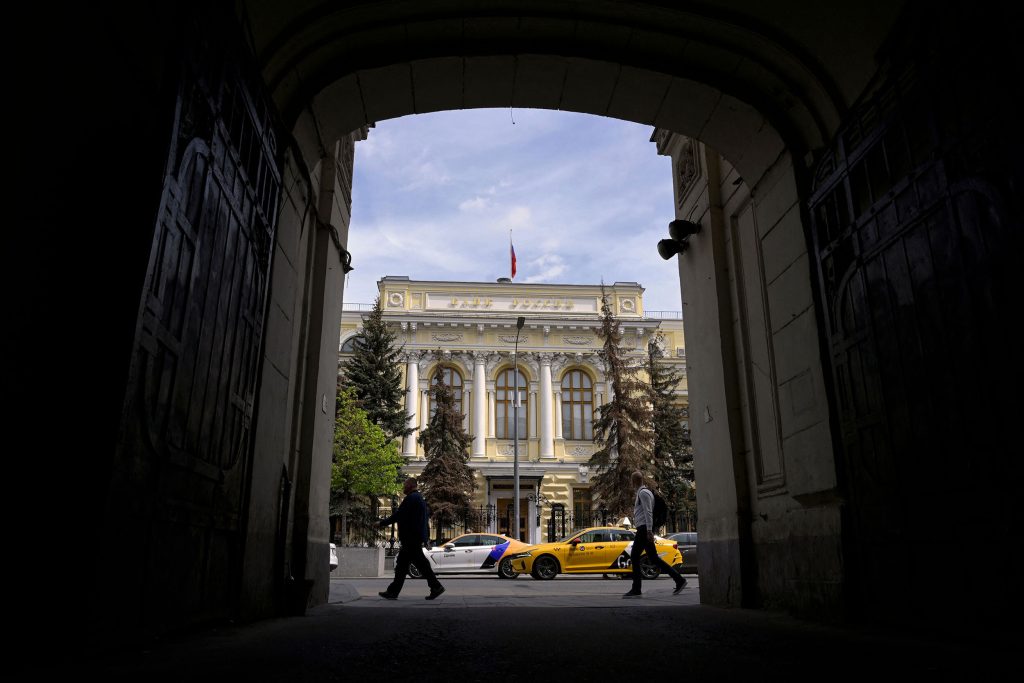Cheaper oil and Ukraine war are blowing a hole in Russia’s finances

Russia’s budget surplus all but disappeared over the summer, according to data published by the Russian finance ministry this week. At the end of June, the surplus stood at 1.37 trillion rubles ($23 billion); by the end of August it had fallen to just 137 billion ($2.3 billion.)Revenues are under pressure. Oil is traditionally a bigger component of the Russian budget than natural gas, and Brent crude prices — the European benchmark — have fallen about 25% since their peak in early June. That’s a big hit, even before an EU embargo on Russian seaborne oil imports, and a planned He says real-time Russian government data indicate that the budget is now in deficit, adding that the hole in the Kremlin’s finances could get much wider as military spending rises. “Military expenditure was originally planned to be 3.5 trillion rubles this year, but this level was most likely already surpassed in September,” Kluge told CNN in emailed comments.Russian business daily Vedomosti reported Wednesday, citing sources close to the government, that the finance ministry had told government agencies they would need to cut spending by 10% in 2023. Defense spending, however, was set to rise, Vedomosti quoted one source close to the defense ministry as saying.Speaking on Monday, Russian President Vladimir Putin denied the economy was in trouble, saying the West’s “economic blitzkrieg” tactics had failed, and Russia was “confidently coping with external pressures.”Putin met Chinese leader Xi Jinping at a summit in Uzbekistan on Thursday. Trade between the two countries has boomed in the last six months as Russia has sought new markets for its energy and as Chinese exporters have taken advantage of the exodus of Western brands.






